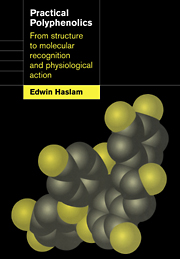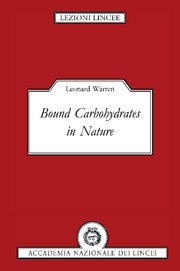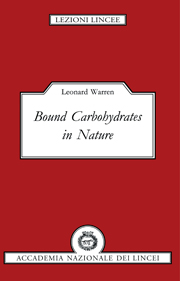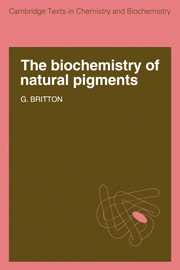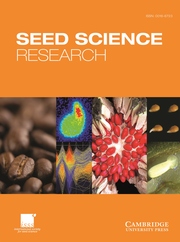Practical Polyphenolics
This is the first book to describe the scientific basis for the action of plant polyphenols in a wide range of technologically important phenomena. The book opens with a general summary of polyphenolic structure and a discussion of the physical and chemical basis of noncovalent molecular interactions and the means by which polyphenols initiate the many and varied properties they display. There has been a big increase in interest in our ability to understand the importance of polyphenols in areas as diverse as agriculture, ecology and food selection, foodstuffs and nutrition, beverages (astringency and bitterness), natural medicines (the so-called "French paradox"), floral pigmentation, natural glues and varnishes and the age-old methods for the manufacture of leather. The role of polyphenols in all of these areas is discussed.
- Interprets, at a molecular level, a wide range of applied phenomena and properties involving polyphenols
- Represents the distillation of facts, theories and opinions gathered in a lifetime's work with polyphenolics
Reviews & endorsements
"This book summarizes the work of Professor Haslam's distinguished career devoted to defining the significance of plant polyphenols. For that reason alone, it must be in the library of chemists and biologists interested in phenolic plant metabolites. The book is written in a friendly way...this book demonstrates the myriad ways that plant polyphenols influence our lives. I, and I'm certain many others, will read this book many times over to appreciate the insights Professor Haslam shares with us." Richard W. Hemingway, Journal of Natural Products
Product details
July 2005Paperback
9780521675598
440 pages
253 × 182 × 27 mm
1.044kg
258 b/w illus. 26 tables
Available
Table of Contents
- 1. Polyphenols – structure and biosynthesis
- 2. Molecular recognition
- 3. Molecular recognition – phenols and polyphenols
- 4. Taste, bitterness and astringency
- 5. Maturation – changes in astringency
- 6. Anthocyanin co-pigmentation – fruit and floral pigments
- 7. Polyphenols and herbal medicines
- 8. Quinone tanning and oxidative polymerisation
- 9. Polyphenols, collagen and leather.

